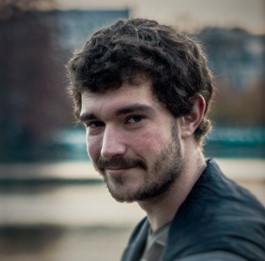
Title: The Bouncer Problem: Challenges to Remote Explainability
Date and Place: 09 / 10 / 2019 3PM in 432 (Antenne Inria)
Host: Privatics
Abstract:
The concept of explainability is envisioned to satisfy society’s demands for transparency on machine learning decisions. The concept is simple: like humans, algorithms should explain the rationale behind their decisions so that their fairness can be assessed. While this approach is promising in a local context (e.g. to explain a model during debugging at training time), we argue that this reasoning cannot simply be transposed in a remote context, where a trained model by a service provider is only accessible through its API. This is problematic as it constitutes precisely the target use-case requiring transparency from a societal perspective. Through an analogy with a club bouncer (which may provide untruthful explanations upon customer reject), we show that providing explanations cannot prevent a remote service from lying about the true reasons leading to its decisions.
More precisely, we prove the impossibility of remote explainability for single explanations, by constructing an attack on explanations that hides discriminatory features to the querying user. We provide an example implementation of this attack. We then show that the probability that an observer spots the attack, using several explanations for attempting to find incoherences, is low in practical settings. This undermines the very concept of remote explainability in general.
Biography:
Erwan is on an “advanced research position” at Inria, in the WIDE team, since Nov. 2018. He was previously senior research scientist at Technicolor R&I (2009-2018). Gilles is a “chargé de recherches” at CNRS since 2011.



